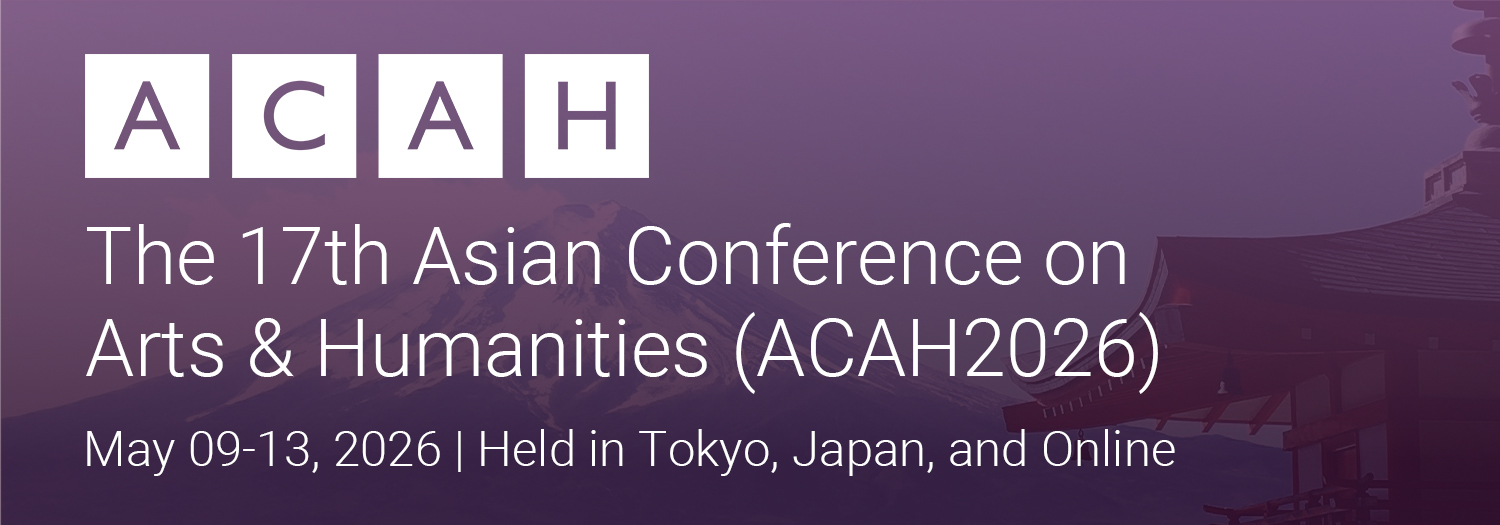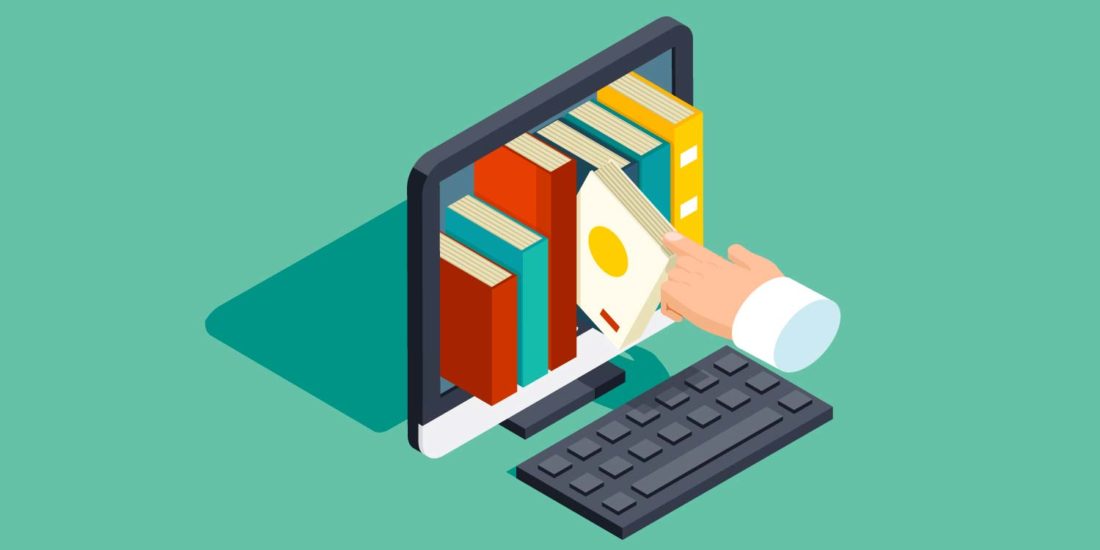A recent calculation suggests that it will take no more than three years to train workers, including professionals, managers, executives, and technicians (PMETs) in preparation for vertiginous career shifts, when their skills are displaced by the demands of the future, as forecasters assure us will happen. One new field, indeed, involves compiling and computing data on company investments, to predict the jobs that these investments will create. Various departments of future skills and training have begun to work with universities in creating modules designed to prepare workers for this critically uncertain future job market.
At the same time, independent agencies are employed by the universities to provide modules that prepare students for future readiness, and which supplement the turn, already underway in the arts and humanities, towards applied learning, skills based education, and the instrumental and vocational training that ministries of education prefer in face of the challenge of the future.
While available funding for humanities doctoral programmes shrinks a little more each year, funds are awarded instead to innovative projects that rethink the classical MA programme in future ready mode, or that explore existing pedagogic resources on the internet for the possibilities of fruitful parasitism within a department programme.
One might think that under these changing conditions the disciplines of the arts and humanities are once again under fire, in danger of dissolution, the humanities in Asia mutating beyond sustainable development. But the theme of lifelong learning, the introduction all over Asia (certainly in Singapore and China) of liberal arts based programmes, the continuing progress and growth of performance studies, fine art, and literature, offer a different picture. Literary theory, whose pyrrhic victory in the global university rendered it almost worthless as a critical force for many years, is currently revealed as a powerful analytic vehicle for dealing with the current situation.
I will begin by identifying two connected trends: defensive strategies against the threat of future technical disruption; and relocation of funding within the humanities. Beyond the so called digital humanities, a critical media theory marked by its historical understanding of languages and algorithms, and with roots in classical critical theory, can take up the challenge typically assigned to the university, especially when called upon to recenter itself in an Asian context to an age uniquely dominated by disruptive technologies and unsettling economic exigencies.

